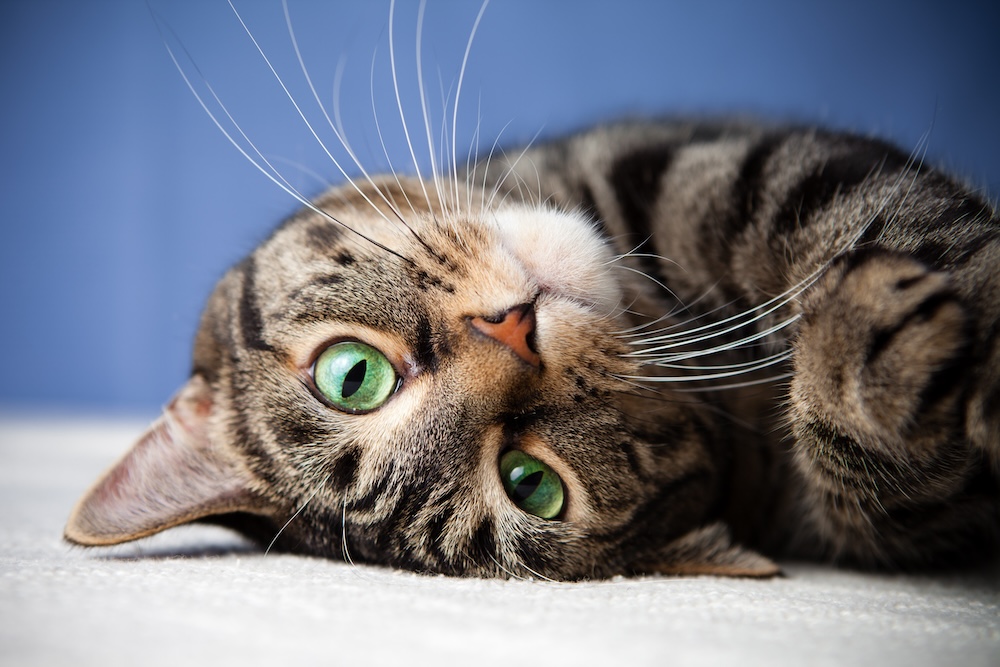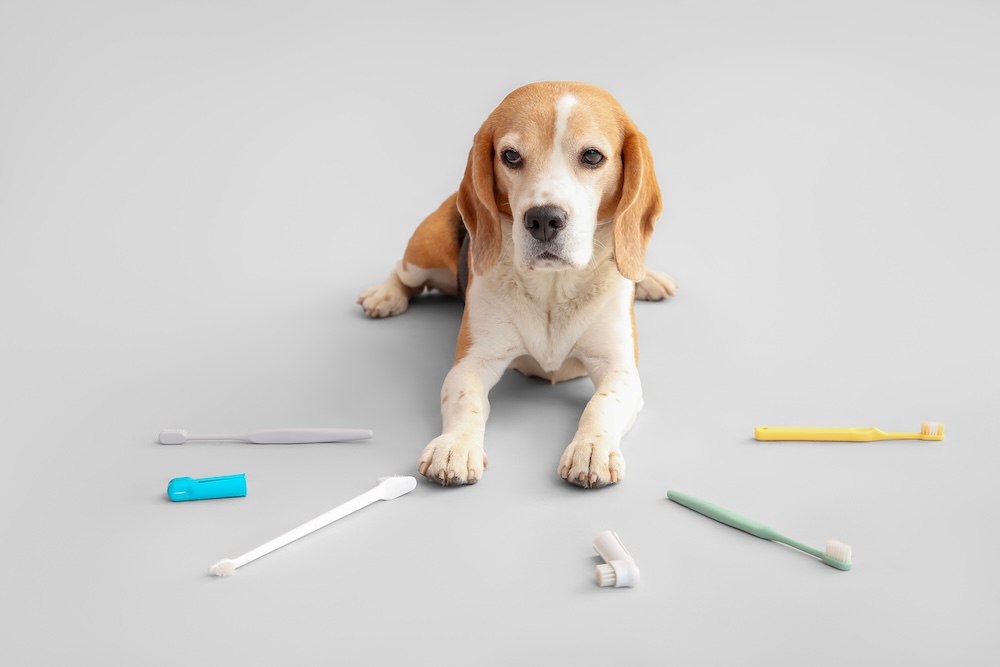Understanding Why Your Cat Isn’t Eating
When your cat refuses to eat, it’s more than just a missed meal—it could be a sign of a deeper issue. Whether it’s a sudden change in appetite or a gradual decline, understanding cat not eating causes is essential for determining the best course of action. From medical conditions to behavioral and environmental factors, there are many reasons your feline friend might lose interest in food. Identifying the cause and addressing it promptly can help get your cat back on track and ensure their health and well-being.
1. Medical Issues
One of the most common cat not eating causes is an underlying medical problem. Dental pain, gastrointestinal issues, kidney disease, or infections can make eating uncomfortable or even painful. Cats with hyperthyroidism or diabetes may also show changes in appetite. If your cat isn’t eating and displays other symptoms like vomiting, lethargy, or weight loss, it’s essential to consult a veterinarian immediately. Early diagnosis and treatment can prevent serious complications and help your cat recover more quickly.
2. Stress or Anxiety
Cats are sensitive creatures, and stress or anxiety can significantly impact their eating habits. Changes in their environment, such as a move, new household members, or even the addition of another pet, can cause them to stop eating. Cats may also feel stressed if their feeding area is noisy, crowded, or close to their litter box.
To address stress-related cat not eating causes, create a calm and consistent feeding environment. Keep their food and water bowls in a quiet, safe spot, and ensure their routine remains as stable as possible. Using calming pheromone sprays or diffusers can also help reduce anxiety and encourage your cat to eat.
3. Food Preferences and Sensitivities
Cats can be notoriously picky eaters, and their refusal to eat may be due to a dislike of the food you’re offering. Changes in the brand, flavor, or texture of their food can lead to a strike at the food bowl. Additionally, some cats may develop food sensitivities or allergies, causing discomfort after meals and leading them to avoid eating altogether.
If you suspect food preferences or sensitivities are behind your cat not eating, try switching to a high-quality, vet-recommended diet. Gradually introduce new food by mixing it with their current diet to make the transition smoother. If your cat’s appetite doesn’t improve, consult your veterinarian to rule out allergies or other dietary issues.
4. Environmental Factors
Environmental factors can play a significant role in your cat’s eating habits. Cats are creatures of habit, and disruptions to their feeding routine or surroundings can cause them to stop eating. Temperature changes, strong odors near the feeding area, or even an unclean food bowl can deter your cat from eating.
To address these cat not eating causes, ensure your cat’s feeding area is clean, quiet, and free from distractions. Wash their food and water bowls regularly, and avoid placing their bowls near strong-smelling substances like cleaning products or garbage. Establishing a consistent feeding schedule can also help encourage regular eating.
5. Aging or Health Decline
As cats age, their appetite may naturally decrease due to changes in metabolism, dental health, or underlying chronic conditions. Older cats may also lose their sense of smell, making food less appealing. If your senior cat isn’t eating, it’s crucial to monitor their behavior closely and consult your veterinarian to address any age-related health concerns.
Providing softer, more palatable food options or warming their meals slightly can make eating more enjoyable for older cats. Regular veterinary checkups are essential for managing age-related cat not eating causes and ensuring your feline friend remains healthy and comfortable.
When to See a Veterinarian
If your cat refuses to eat for more than 24 hours, it’s time to consult a veterinarian. Prolonged lack of appetite can lead to serious health complications, such as hepatic lipidosis, a potentially life-threatening liver condition. A veterinarian can identify the underlying cause of your cat’s appetite loss and recommend the appropriate treatment, whether it’s dietary changes, medications, or other interventions.
Helping Your Cat Regain Their Appetite
Understanding cat not eating causes is the first step in addressing your feline’s loss of appetite. Whether the issue is medical, behavioral, or environmental, prompt action can make all the difference in restoring their health and happiness. By keeping a close eye on your cat’s behavior and seeking veterinary care when needed, you can ensure they receive the support they need to thrive.
At Faithful Friends Veterinary Clinic, we’re here to help with all your pet care needs, including diagnosing and treating appetite-related issues. Contact us today to schedule an appointment and learn how we can help your cat feel their best again.




